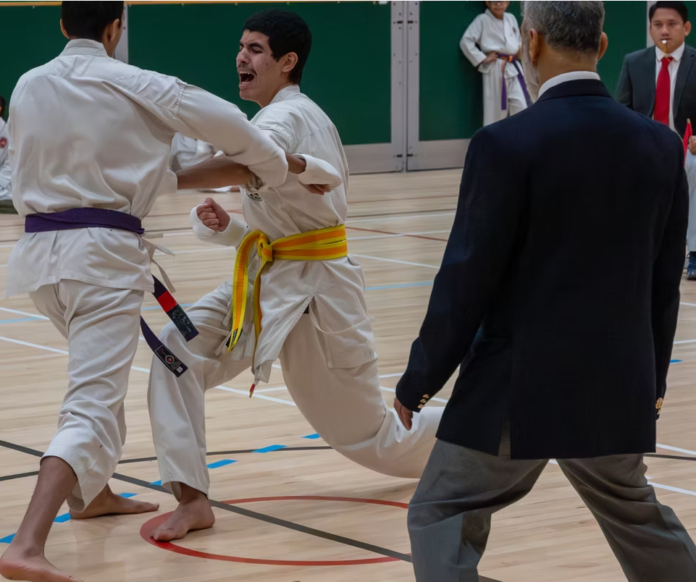Why Self-Defence Matters Today
In an increasingly fast-paced and unpredictable world, having the ability to protect oneself is no longer just a skill but a necessity. Enrolling in karate classes for self-defence equips students with more than physical techniques—it cultivates awareness, confidence, and preparedness. Unlike fitness programs that focus solely on the body, karate blends discipline, strategic thinking, and quick reflexes, offering individuals practical tools that can be applied in real-world situations.
Beyond Physical Techniques
Many people assume self-defence is only about striking or blocking an attacker. In truth, karate introduces students to a much wider toolkit. Body posture, situational awareness, and maintaining safe distance are emphasized just as much as punches and kicks. This holistic approach ensures that learners are not merely reacting, but are also able to avoid escalation before conflict arises. Such training makes self-defence about prevention as much as protection.
Mental Strength and Preparedness
A crucial yet often overlooked element of karate training is mental conditioning. Students develop the ability to remain calm under pressure, assess risks quickly, and make decisions in seconds. This mental resilience can be the deciding factor in a threatening situation. By training the mind alongside the body, karate ensures that reactions are not driven by panic but by clarity and control.
Adaptability in Everyday Situations
Unlike rigid, scripted routines, karate emphasizes adaptability. Real-life scenarios are unpredictable, and students learn to adjust techniques to suit varying environments—whether in a crowded space, a workplace parking lot, or even during travel. The principle is simple: no two confrontations are the same, and the ability to adapt is vital. This adaptability builds confidence in handling unexpected challenges effectively.
The Role of Discipline and Consistency
Self-defence is not about quick fixes but about continuous learning. The regular practice of kata (forms), kihon (basics), and kumite (sparring) teaches discipline and consistency. Over time, muscle memory ensures that responses become instinctive. A well-practiced block or counterattack no longer requires conscious thought; it flows naturally. This seamless integration of skill and instinct allows students to trust their training when it matters most.
A Journey for All Ages
It is never too late to start learning self-defence. Many people are surprised to discover that karate classes for adults are designed to accommodate different fitness levels and life stages. Whether someone is seeking improved fitness, peace of mind, or simply a constructive new hobby, adult learners benefit greatly from karate’s structured progression. The dojo becomes not only a training ground but also a space for personal growth, stress relief, and lifelong friendships.
Community and Support Systems
Training alongside peers builds camaraderie and trust. Students motivate one another, share progress, and develop a strong sense of belonging. This community element strengthens learning because students know they are not facing their journey alone. It also reinforces accountability, encouraging consistent practice and personal commitment to growth.
Conclusion: A Trusted Path to Mastery
Developing real-world self-defence skills requires more than technique—it demands discipline, awareness, and structured guidance. At Shotokan Karate JKA Academy, students in Watford and Luton gain access to world-class instruction rooted in the traditions of the Japan Karate Association. With expert black belt coaches, tailored programs for children and adults, and a philosophy that unites body, mind, and spirit, the academy offers the ideal environment to master self-defence while achieving personal transformation.

